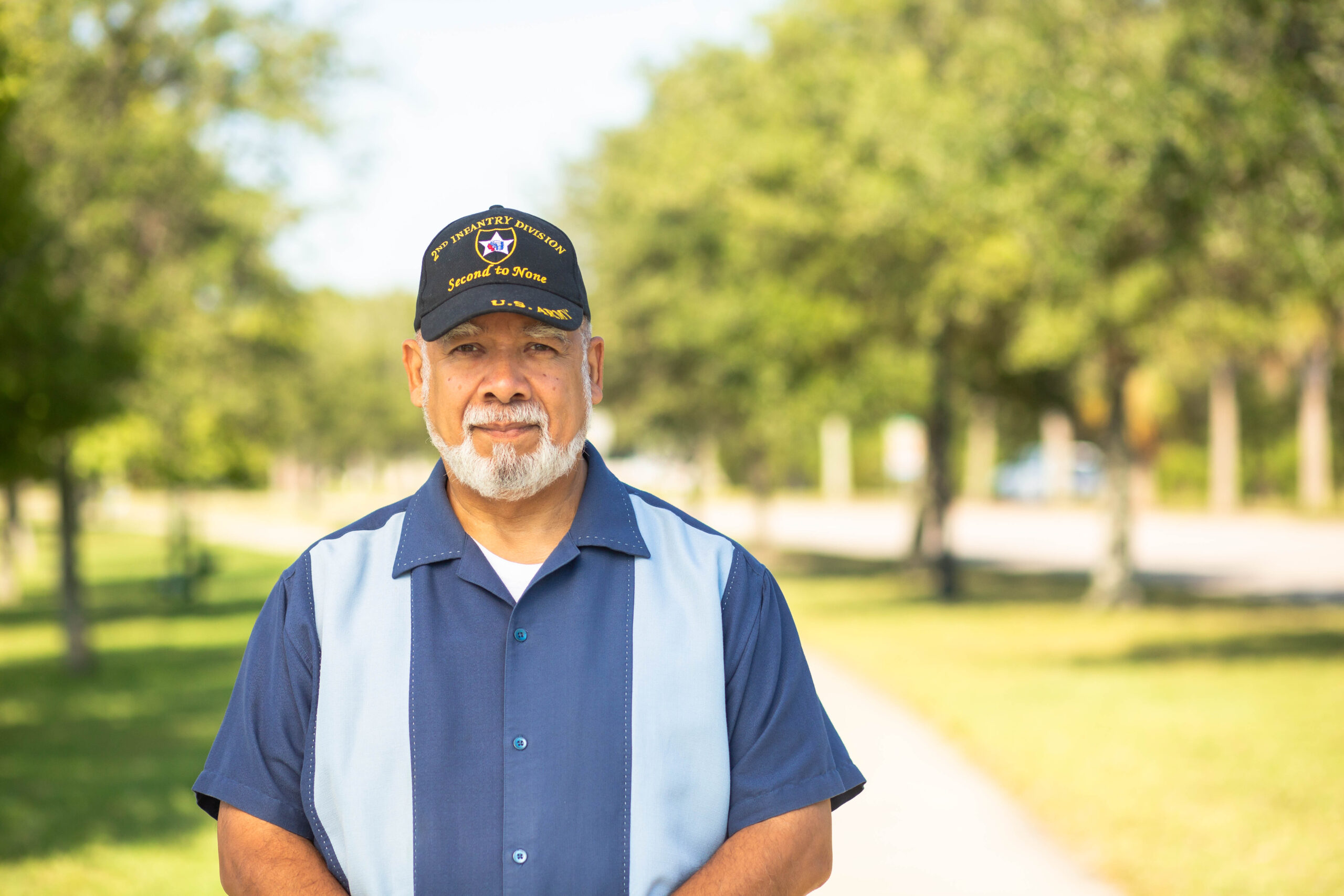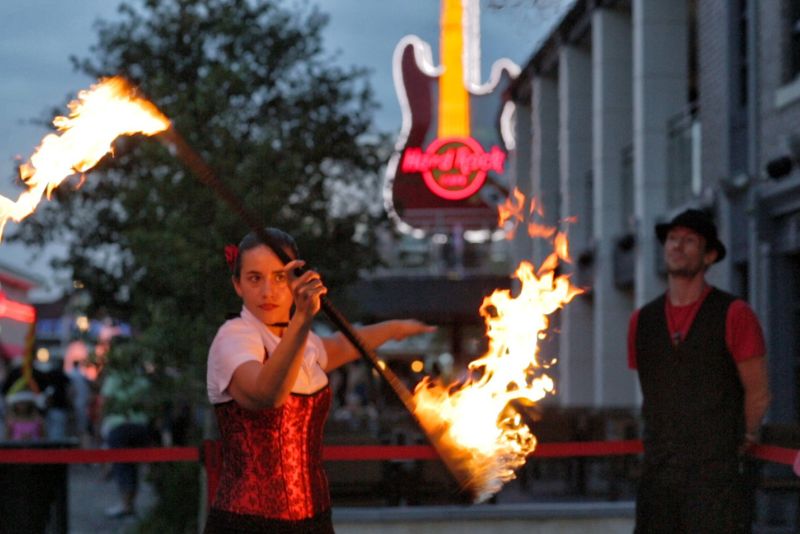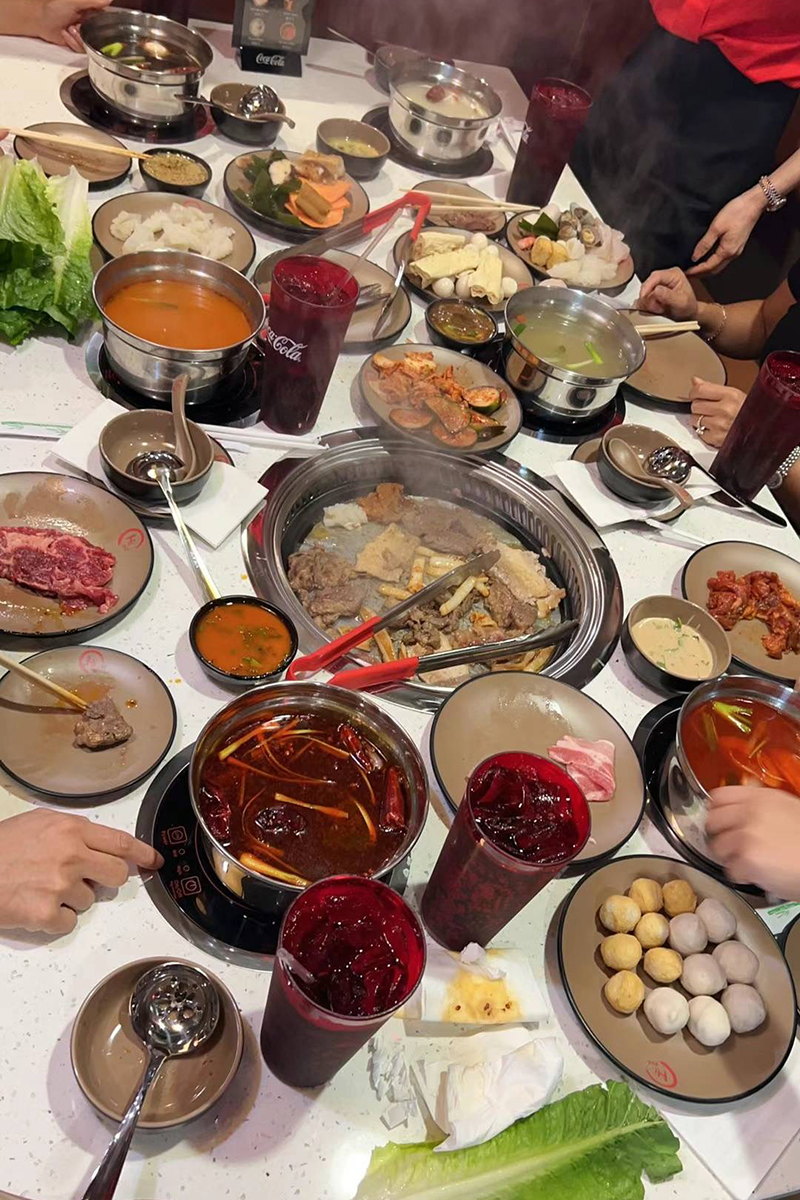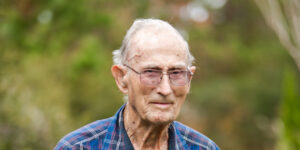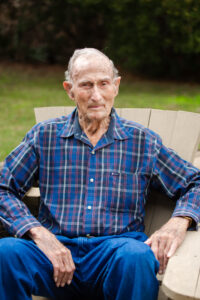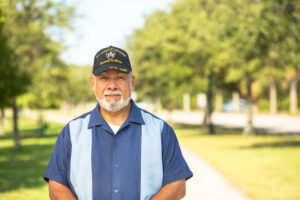Peace-Time Medic and Social Activist Part 1 of 2
Celebrate Our Veteran gives voice to the stories of the U.S. military veterans living amongst us. The actions of these brave and dedicated people, who have served our country both in active military duty as well as administrative positions, have and continue to contribute to the protection and preservation of us and our country.
We hope that this section of our paper is an opportunity for our community to hear and see veterans with new eyes, and for veterans to receive recognition and honor for their experiences and life journeys.
This month’s Celebrate Our Veteran recounts the story of Nelson Melendez, as told in his own words. This is the first chapter of a two-part series. Click here to read Part 2.
by Melissa LaScaleia
“I was born on October 10, 1958, in Brooklyn, New York. My parents were both from Puerto
Rico and factory workers who made very little wages. Growing up, we lived in a small walk-up apartment. I was the only child of both of my parents, so felt lucky that I had two half-brothers and one half-sister. One sibling, my half-brother Antonio, volunteered to join the U.S. Army during Vietnam. He was seventeen years old and wanted to get out of the neighborhood; we couldn’t afford college, so that was the way.
He loved the military, but after he returned, on October 9, 1973, he took his own life. There were a lot of negative connotations about being a Vietnam veteran at that time. There was a lot of prejudice and negativity around the situation, and barely any support for soldiers. When I was seventeen, I took the test to join the military, scored well, and when I turned eighteen, I joined full time. I wanted to finish what he started. There was a lot of drugs and violence in my neighborhood, and I wasn’t the best student, so education wasn’t going to be my ticket out.
I completed my basic training in Fort Dix, New Jersey in November 1977. Then became an Army medic because I scored well enough on the test. I was stationed in Fort San Houston, Texas where I trained to be a basic medic. I did well with that class and was given the opportunity to get a second job title as a behavioral science specialist. They are the basic or first-line mental health providers to troops in the field. Every time a battalion goes out into the field or overseas, a mental health provider as well as a medic goes with them. When there was a field hospital, that’s where I was stationed.
If a soldier or personnel needs to talk, we are there for them. We have the power to evacuate them if we see anything like a psychosis coming on. A lot of times, what I saw were young soldiers with a detachment disorder because they were away from home for the first time, eating out in the field with people from all walks of life, where it’s wet and cold and unfamiliar. Some people do well with that, and others don’t have good interpersonal skills, or haven’t developed coping mechanisms.
After my medical training, I was stationed at Fort Polk, in Leesville, Louisiana, home of the 5th Mechanized Infantry. We were part of the 5th Medical Battalion. I spent three years at Fort Polk, and was deployed to Germany in 1978 and 1979 for three months at a time.
Whenever I wasn’t traveling or in the field, I worked out of the hospital on a team led by a clinical psychiatrist with other social workers and psychologists. During our downtime, the psychologists would give us psychological tests to learn baselines, like the MMPI and the Rorschach. From this, I learned that I was severely dyslexic. Then I learned certain tricks so I could focus, and not invert numbers and letters.
After my three years at Fort Polk, I was deployed to South Korea, and stationed at Camp Casey. We were five minutes by air from the DMZ, which separated North from South Korea. There, I worked as the behavioral scientist and was assigned to the drug and alcohol clinic and the ER as a sergeant. I worked with soldiers who had become addicted to the drugs that were so easy to find in Korea. There wasn’t a lot to do where we were, so soldiers drank because of boredom.”
To be continued…


